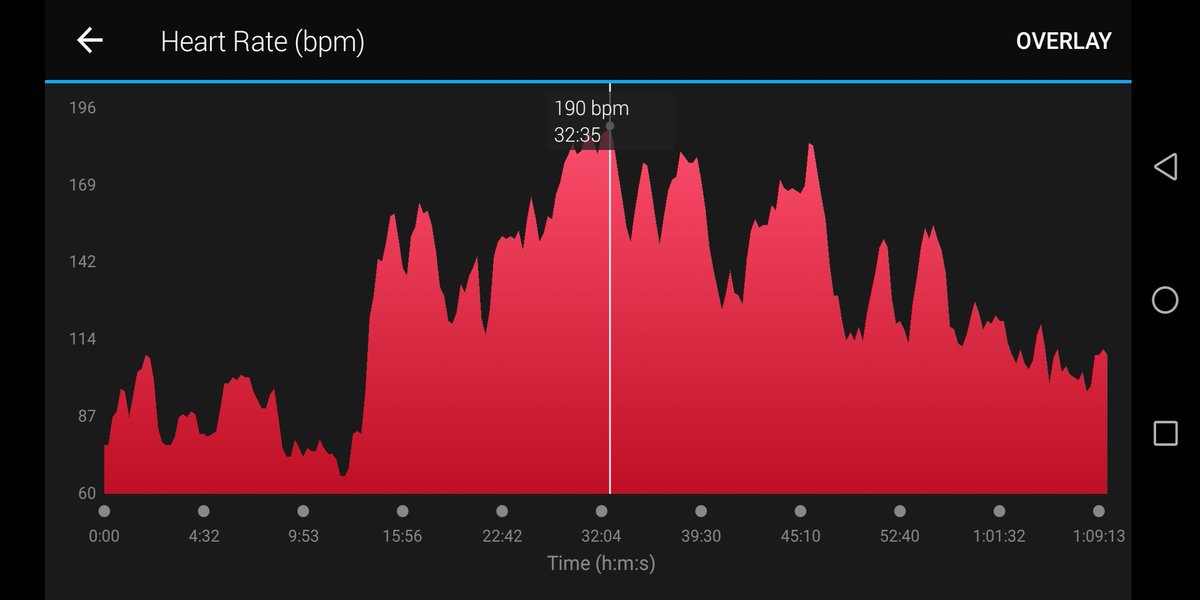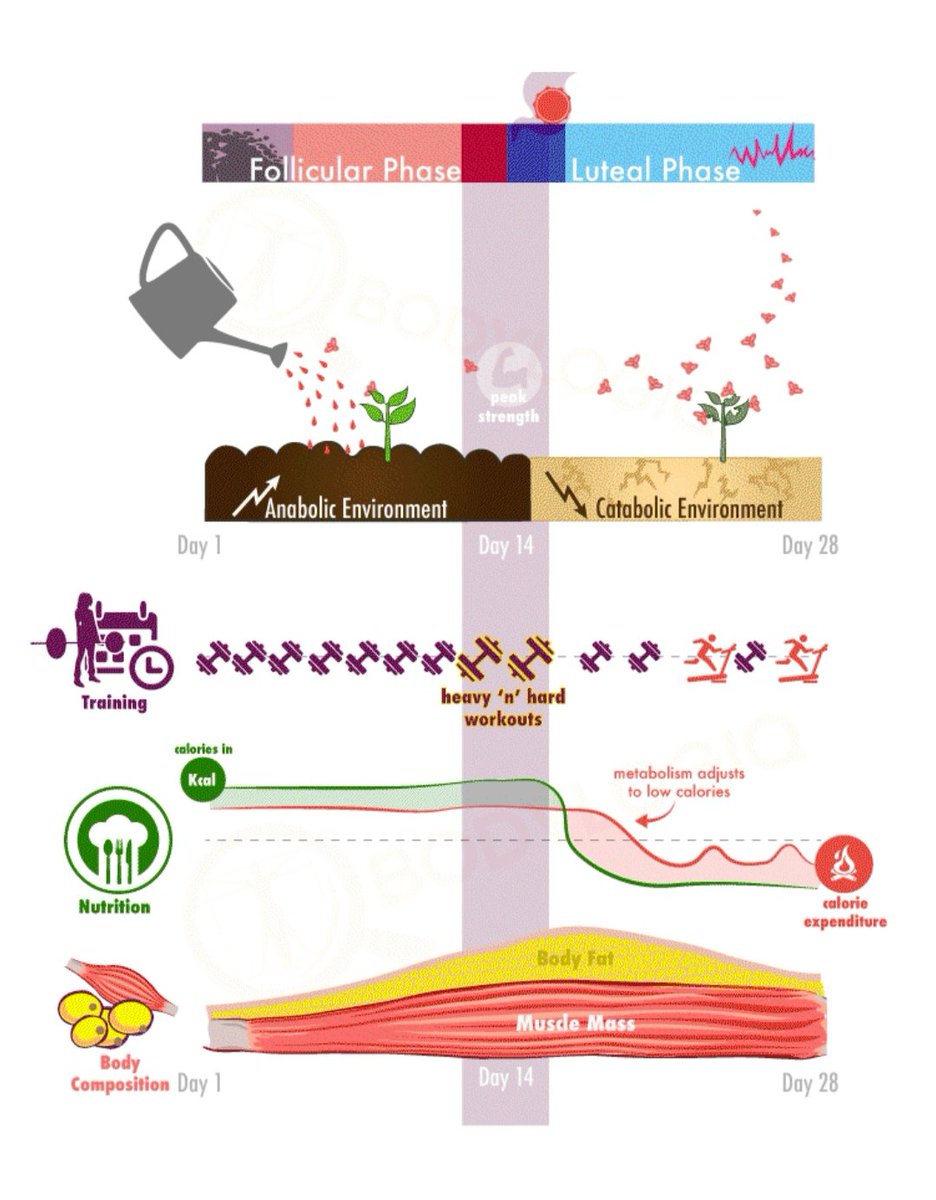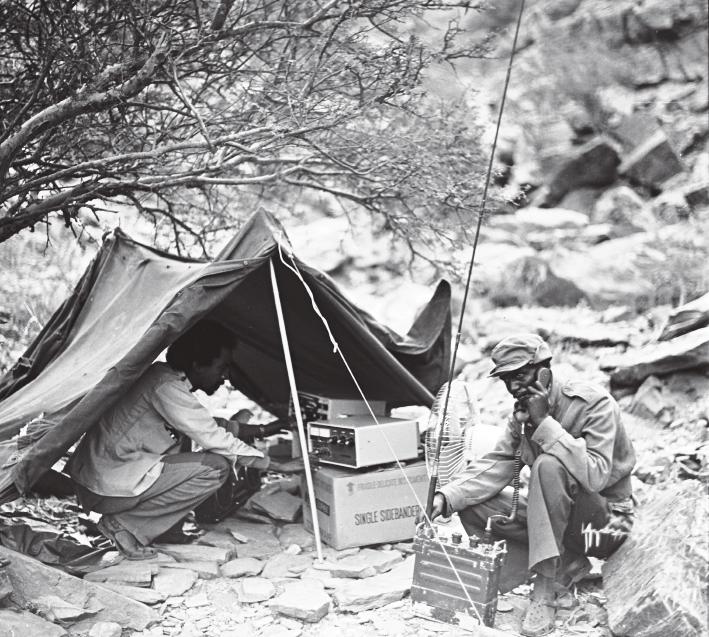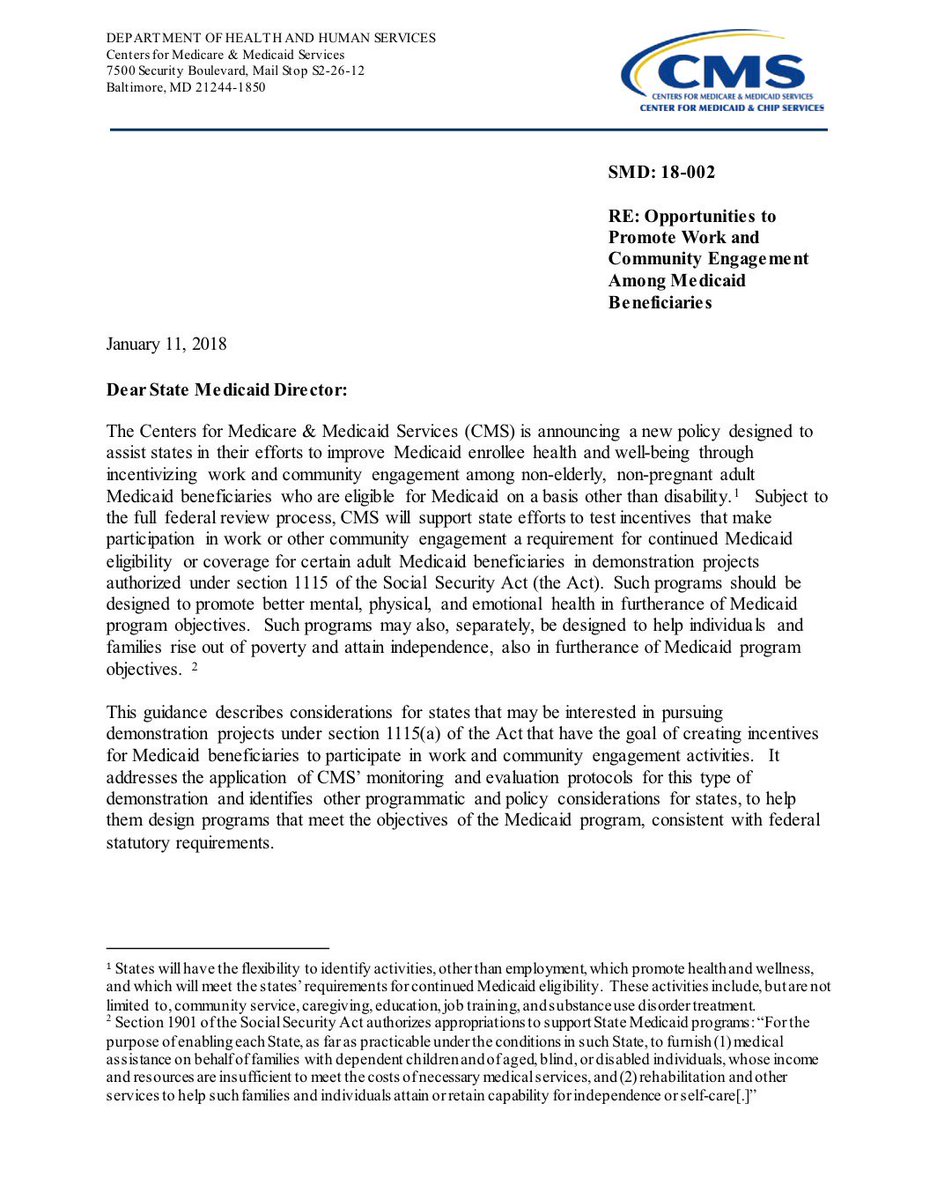1. Muay Thai training with biphasic sleep:
2. [2018] Planning around seasonal depression:
3. [2017] Burnout recovery. Deep work vs. reactive work separation:
⚡ How can I schedule my days better around energy level fluctuations (from stress, training, environment, hormonal cycle)
😬 Am I doing unnecessary tasks or doing them at the wrong time in my schedule
🔋 Recovering smarter
One of the things I've learned in the past is that improving schedule mgmt is better done when I am healthy, not stuck.
...Just like how we shouldn't be waiting for our devices to run out of space before trying to optimize it.
At the end of this month I'll share resources+cost that made a difference. ⚡
Apparently this is normal! Coach shared an article about the afternoon "Bermuda triangle": wsj.com/articles/how-t…
I'm more relaxed and social while recovering. That time is better used for mtgs. 😊
Here's the template: ultraworking.com/cycles
I love this research-backed writeup on scheduling workouts and diet to get the most out of cycles:
bodylogiq.org/en/training-ac…
I'm very excited b/c I can see how modularizing sessions with constraints can help me schedule them better. It's like building workout sessions.
Or it'll feel like trying to progress in a sport while injured.
Design thinking, when put into action and not just a BS title, is pretty useful. 👍




































